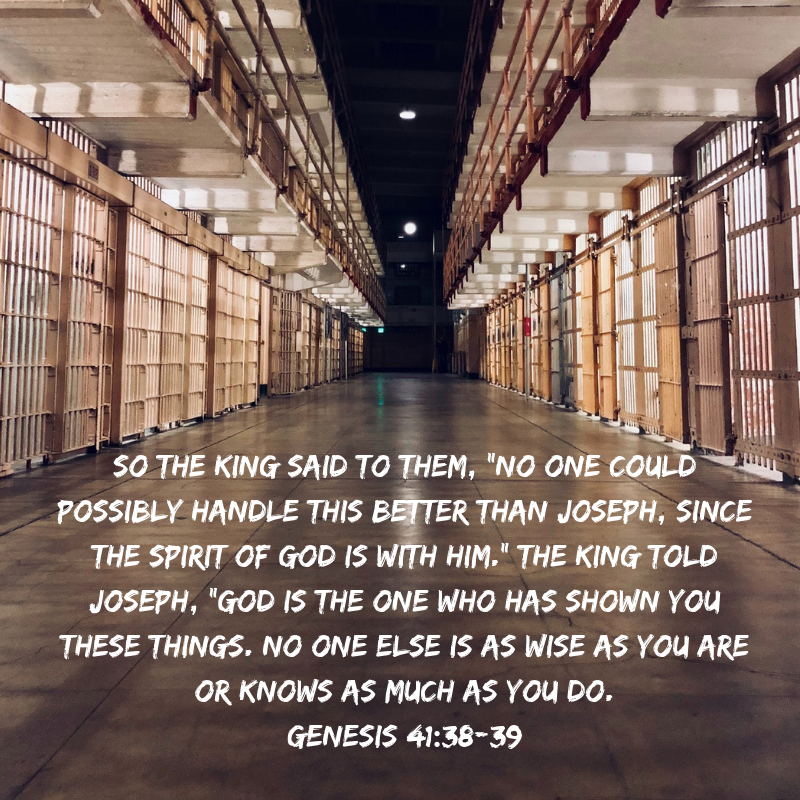JUDGES 19
I was amused when I heard about a Christmas ad campaign that ran in Washington D.C. a few years ago. It featured signs on buses that said: "Why believe in a god? Just be good for goodness’ sake." I thought that was so odd, because what people don’t understand is that without God, there is no goodness. Without Him, we have absolutely no idea what goodness is. And my own personal belief is that people who practice goodness are manifesting the Spirit’s work in their lives—whether they believe in God or not. Outside of Him, there is no concept of goodness. He is the one who brought the idea of goodness to this world.





















